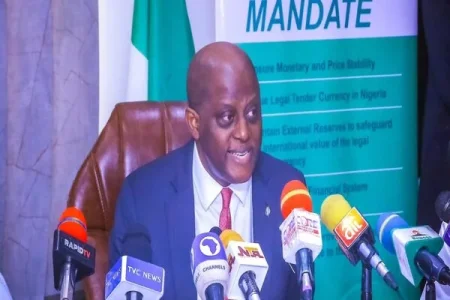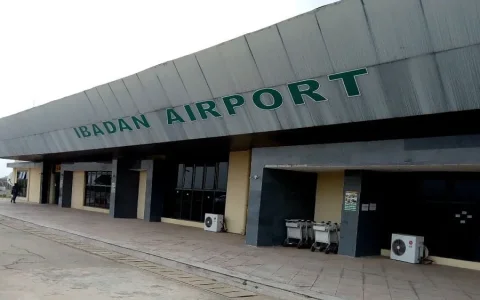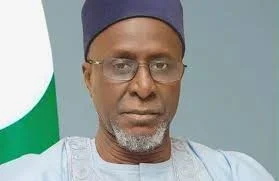
The Central Bank of Nigeria (CBN) has raised its key interest rate by 50 basis points to 26.75% amid economic pressures. This move, announced by CBN Governor Olayemi Cardoso, is part of ongoing efforts to stabilize inflation and the foreign exchange market, despite concerns from the business community.
The Central Bank of Nigeria (CBN) has announced a 50-basis point increase in its key interest rate, raising it from 26.25% to 26.75%. This decision was disclosed by Mr. Olayemi Cardoso, Governor of the CBN, following the 296th meeting of the Monetary Policy Committee (MPC) held in Abuja.
The MPC also adjusted several other key financial metrics. The Cash Reserve Ratio (CRR) for Deposit Money Banks was set at 45%, while merchant banks saw their CRR set at 14%. Additionally, the liquidity ratio was pegged at 30%. The asymmetric corridor around the Monetary Policy Rate (MPR) was widened from +100 to –300 basis points to +500 and –100 basis points.
Cardoso cited rising inflation and the need to stabilize the foreign exchange market as primary reasons for the rate hike. He acknowledged the federal government’s recent policy to import staple foods such as rice, maize, and wheat to combat food inflation but cautioned that these measures should not undermine the progress in local food production. Cardoso also praised the reduction of arbitrage between the official and parallel market exchange rates.
This latest increase marks the fourth consecutive rate hike of 2024 and a cumulative 800 basis points increase since Cardoso’s appointment, lifting the benchmark rate from 18.75% to 26.75%. Despite the CBN’s rationale, there has been significant backlash from the business community. Critics, including Africa’s richest man, Alhaji Aliko Dangote, argue that high interest rates hinder economic growth and job creation.
The National Association of Chambers of Commerce, Industries, Mines, and Agriculture (NACCIMA) has also expressed concerns that the tightening monetary policy may exacerbate inflation rather than mitigate it. As the CBN continues to navigate these economic challenges, stakeholders remain vigilant about the impact of its policies on Nigeria's economic landscape.




